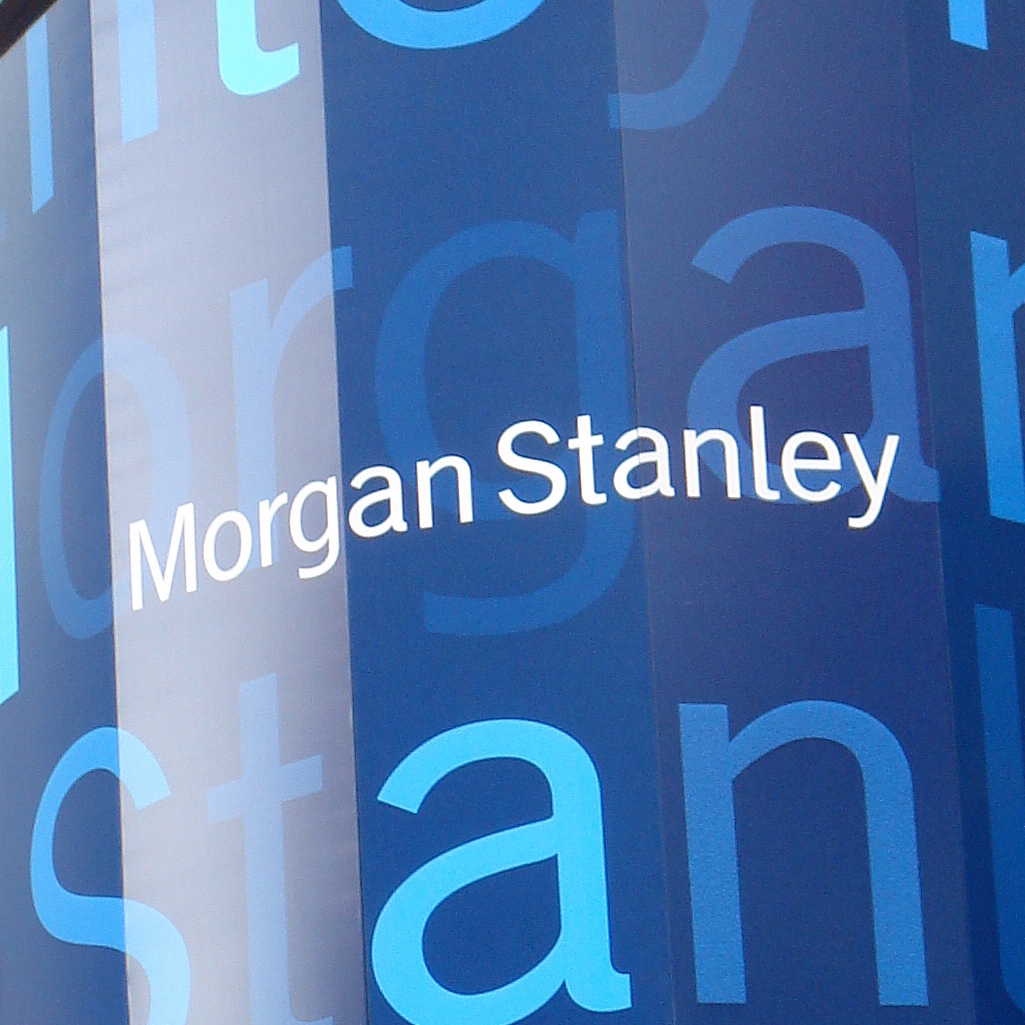Banking, finance, and taxes
Why Large Cap Financial Stocks May Be the Best Q3 Buys

Published:
Last Updated:

Most investors will not be sad to see the second quarter end. Despite some very positive economic data, and the lowest unemployment rate in 20 years, the market has whipped around on worries over trade and tariffs, as well as uncertainty over the direction of energy prices. One thing is for sure: with second-quarter earnings reports right around the corner, portfolio managers will be resetting for the quarter, looking for value.
One area that has lagged is the financials, especially some of the mega-cap leaders. With interest rates trading higher, which should benefit big money center banks, and trading revenues looking better due to massive share buybacks, large financials look like a solid bet.
We screened the Merrill Lynch research universe looking for financials rated Buy and found four outstanding stocks for growth accounts to add for the third quarter and beyond.
Shares of this top bank have traded down over 15% from highs posted in January. Citigroup Inc. (NYSE: C) has approximately 200 million customer accounts and does business in more than 160 countries and jurisdictions. The company provides consumers, corporations, governments and institutions with a broad range of financial products and services, including consumer banking and credit, corporate and investment banking, securities brokerage, transaction services and wealth management.
Trading at a still very cheap 9.25 times estimated 2019 earnings, this one looks very reasonable in what is becoming a pricey stock market. A continuing stock buyback program at the bank is also a positive.
Citigroup reported first-quarter earnings and revenue that beat analyst expectations, as the company’s results got a boost from lower corporate taxes and strong revenue from stock trading. While revenue from Citigroup’s fixed-income trading business fell 7% to $3.4 billion in the first quarter, but that was offset by a 38% hike in equity trading sales. Overall trading revenue grew by 3% in the first quarter to $5 billion.
Citigroup investors receive a 1.88% dividend. The Merrill Lynch price target for the stock is $84, and the Wall Street consensus price objective is $83.87. The stock closed Friday’s trading at $67.20 per share.
This company continues to be the gold standard of Wall Street banks, and its shares trade at a very reasonable 9.93 times estimated 2018 earnings. Goldman Sachs Group, Inc. (NYSE: GS) has a gigantic institutional equity, debt and derivatives business, an ultra-high net worth clientele, top investment banking and capital markets expertise. The firm continues to be a dominant force around the world, one of the most sought-after banks one of the very few firms that dictate who can be a client.
When reporting first-quarter results, Goldman posted the best equities trading results in three years, as the bank profited from the 2018 roller-coaster market. Revenue from equities trading surged 38% to $2.31 billion, trouncing the consensus analyst estimate. Investing and lending revenue rose 43% to $2.09 billion, also beating Wall Street expectations.
Goldman Sachs shareholders receive a 1.42% dividend. Merrill Lynch has a $300 price objective, and the stock is on the firm’s coveted US 1 list. The consensus target price is $274.73, and the shares closed on Friday at $226.02.
This stock trades at a very reasonable 11.3 times estimated 2019 earnings and could also respond well in a rising rate scenario. JPMorgan Chase & Co. (NYSE: JPM) is one of the leading global financial services firms and one of the largest banking institutions in the United States, with about $2.6 trillion in assets. The company as it is today formed through the merger of retail bank Chase Manhattan and investment bank JP Morgan.
The firm has many operating divisions, including investment and corporate banking, asset management, retail financial services, commercial banking, credit cards and financial transaction services. Earnings were outstanding, and the analysts remain very positive on the shares for the balance of 2018.
JPMorgan investors receive a 2.12% dividend. The $126 Merrill Lynch price objective compares with the posted consensus price target of $121.92. The stock closed most recently at $105.75 a share.
This is another of Wall Street’s white-glove firms, and it may be among the best buys in the banking and investment arena. Morgan Stanley (NYSE: MS) is a global investment bank with leading positions in investment banking (M&A and equity underwriting), equity trading and wealth management, which contributes nearly 50% of firmwide revenues. The firm also has an asset management business, which adds to the lower-risk business profile the firm has pursued since the financial crisis.
The bank reported record first-quarter profits and revenue, as sales and earnings blew past Wall Street expectations. The firm’s net income rose more than 40% from a year earlier, and its equity trading revenue increased 30%. The bank said it benefited from “higher levels of client activity” during the quarter.
Investors receive a 2.05% dividend. Merrill Lynch has set its price target at $63. The posted consensus price objective is $61.23, and the shares closed last Friday at $48.89.
All four of these top stocks are trading well below the 52-week highs, and all boast extremely reasonable valuations. They make good sense for growth portfolios looking to add solid companies that have the potential for good moves higher over the third quarter and the rest of 2018.
Want retirement to come a few years earlier than you’d planned? Or are you ready to retire now, but want an extra set of eyes on your finances?
Now you can speak with up to 3 financial experts in your area for FREE. By simply clicking here you can begin to match with financial professionals who can help you build your plan to retire early. And the best part? The first conversation with them is free.
Click here to match with up to 3 financial pros who would be excited to help you make financial decisions.
Thank you for reading! Have some feedback for us?
Contact the 24/7 Wall St. editorial team.